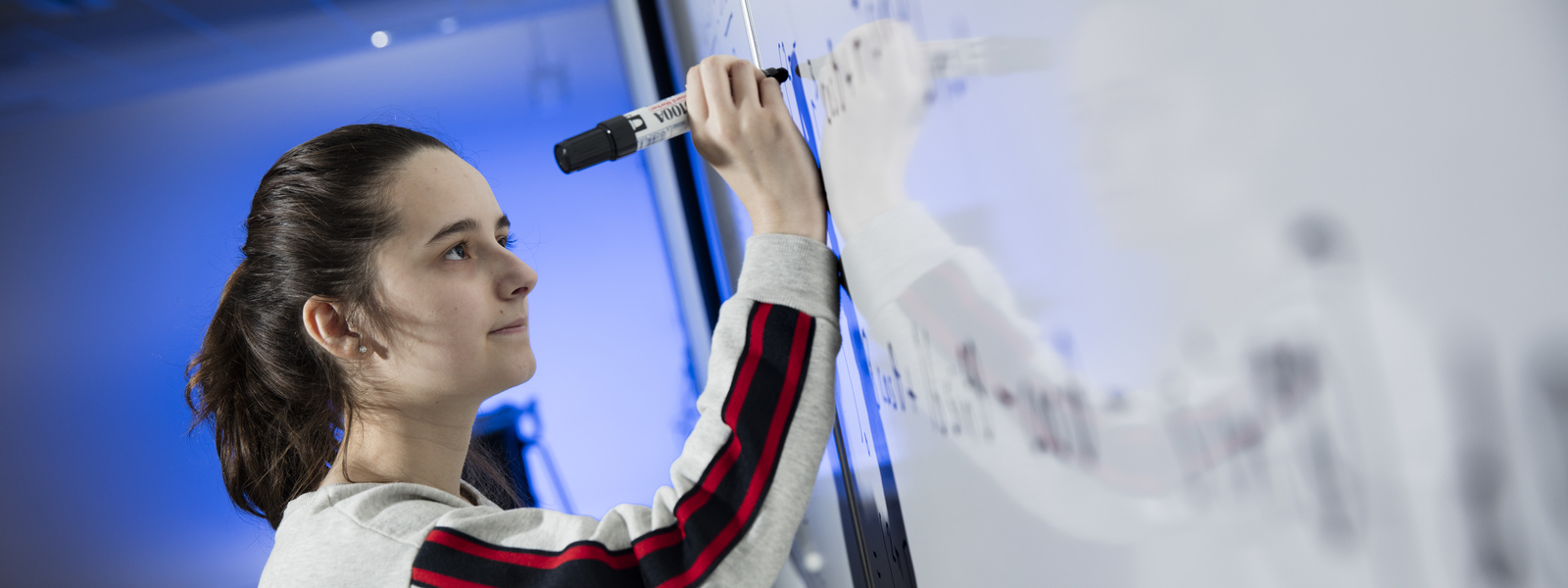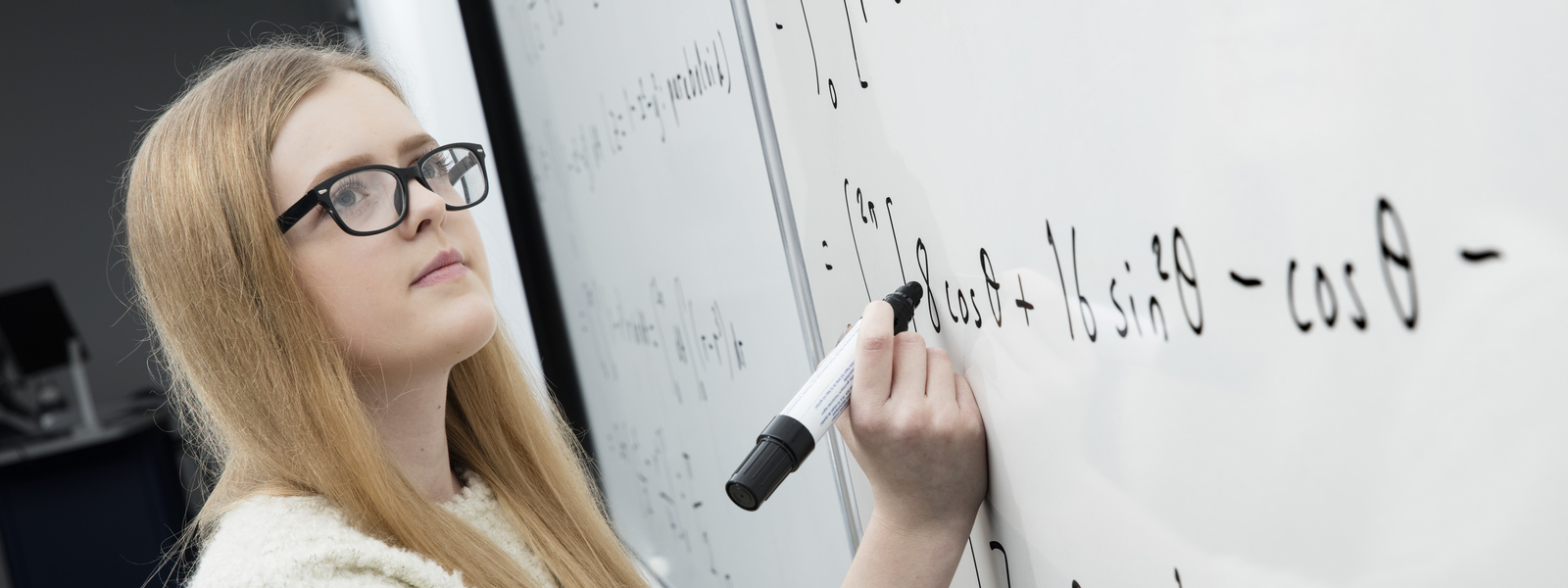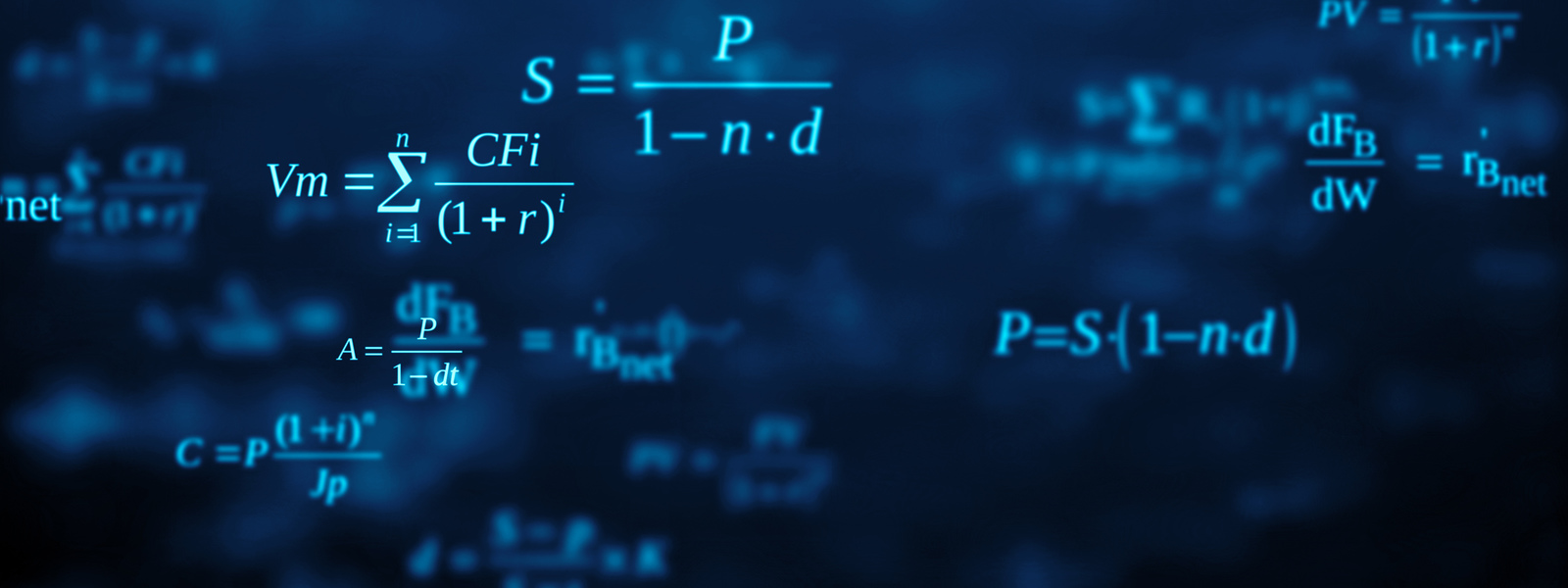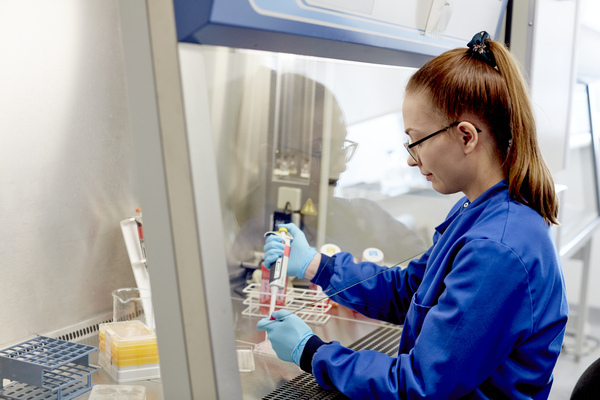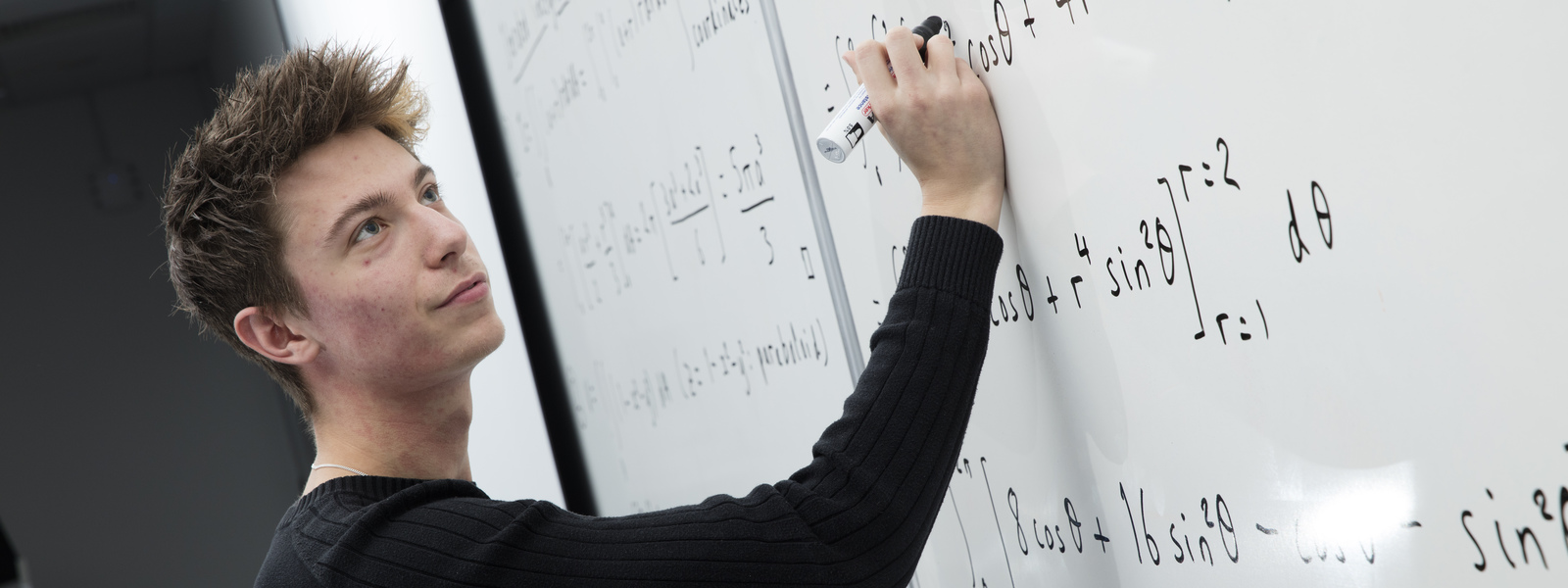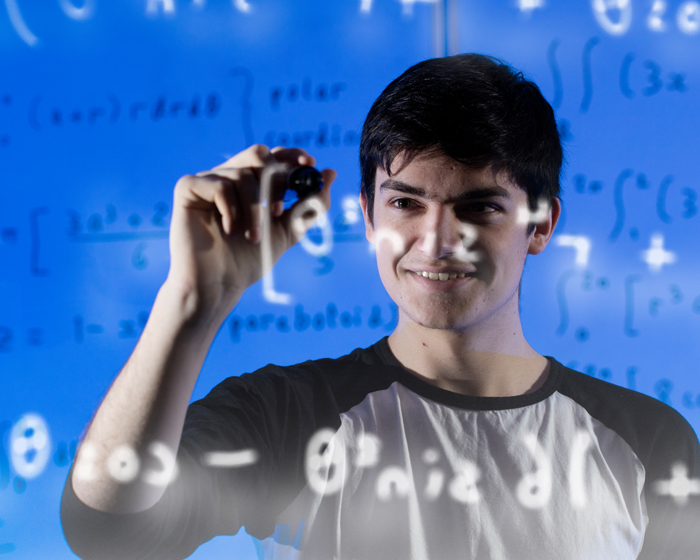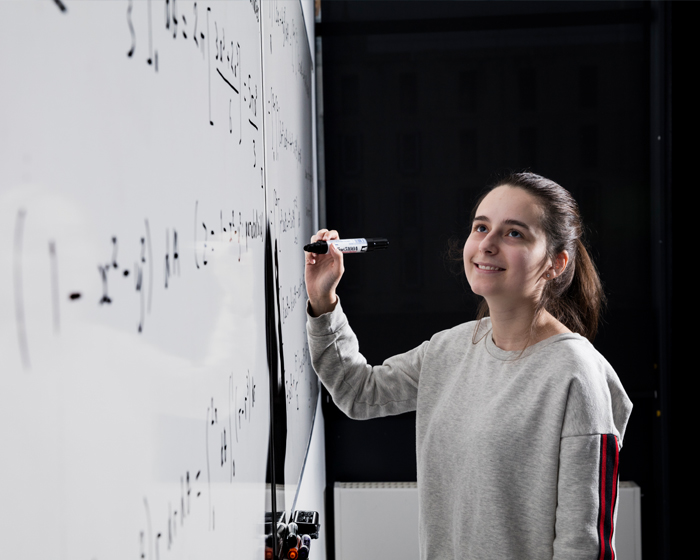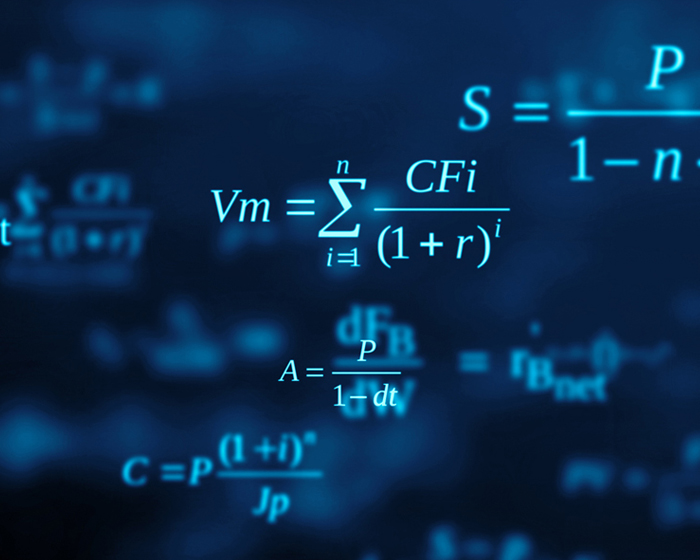Research-informed Teaching
Our students can work alongside our experienced academic staff on challenging projects, which could contribute to academic research or collaboration with industry. Teaching on all of our taught programmes is conducted by academic members of staff who are active researchers in their fields, and this research directly informs teaching at all levels.
Visiting Speakers
We regularly welcomes guest speakers from around the world. Recent visitors to the University of Lincoln have included former vice president of the Royal Astronomical Society Professor Don Kurtz, mathematician and author Professor Marcus du Sautoy OBE, and operations research specialist Ruth Kaufman OBE.
/prod01/university-of-lincoln-cdn-pxl/media/responsive2017/collegeofscience/schoolofmaths/Maths,and,Physics,Research.jpg )


